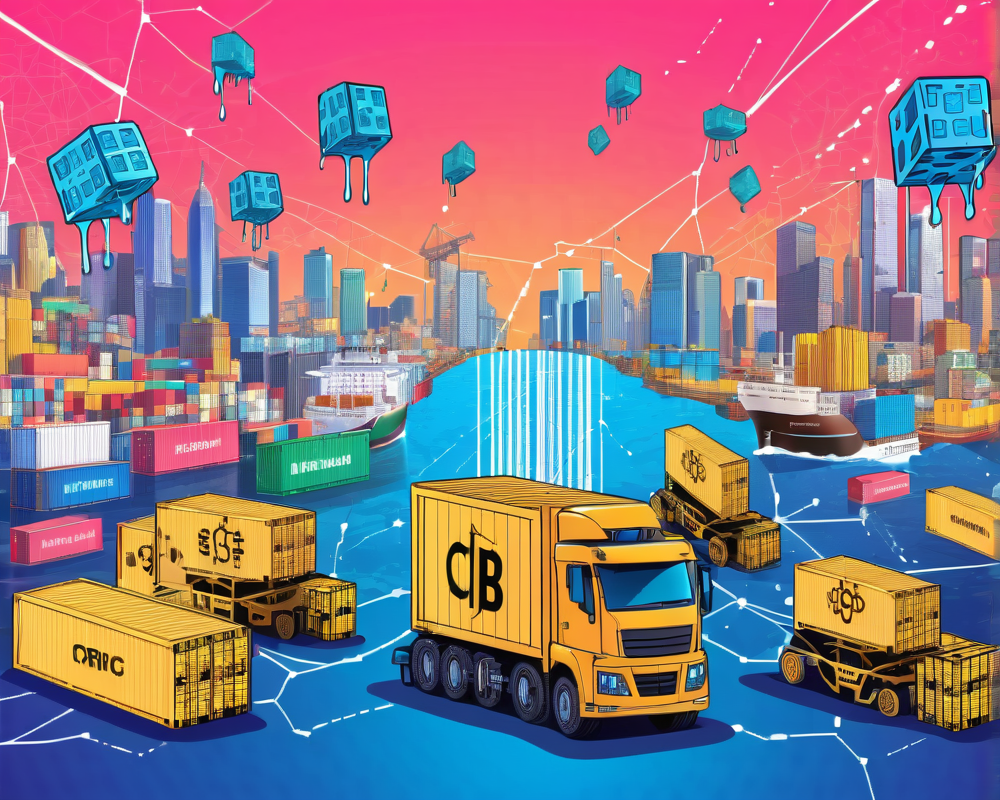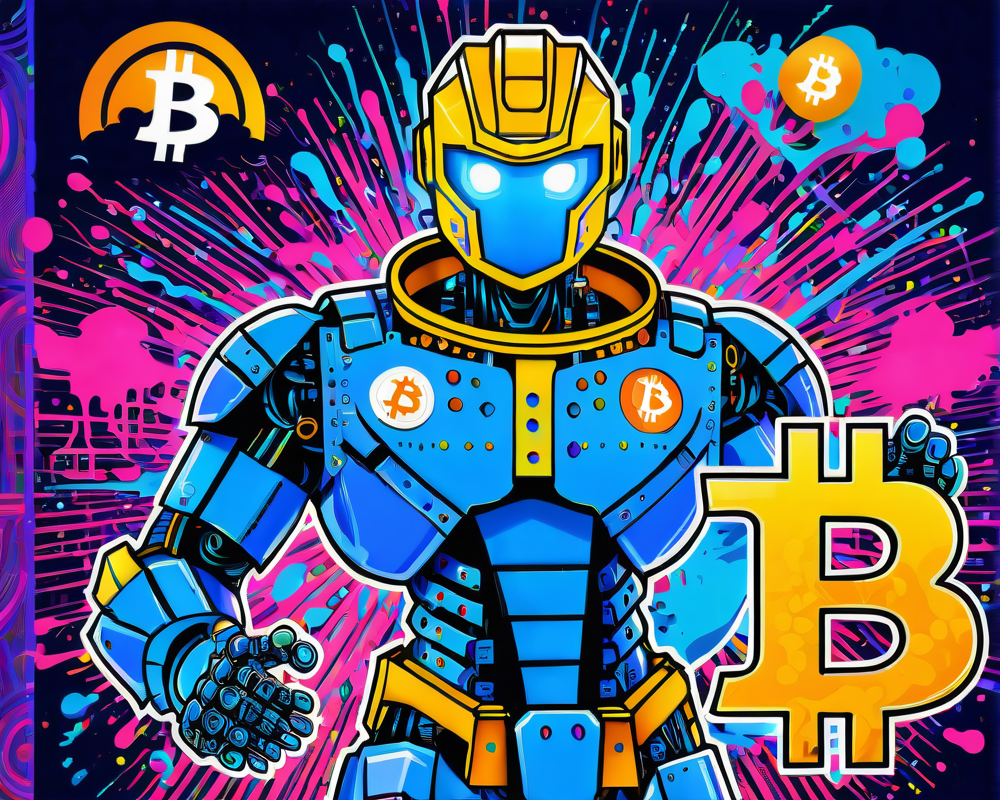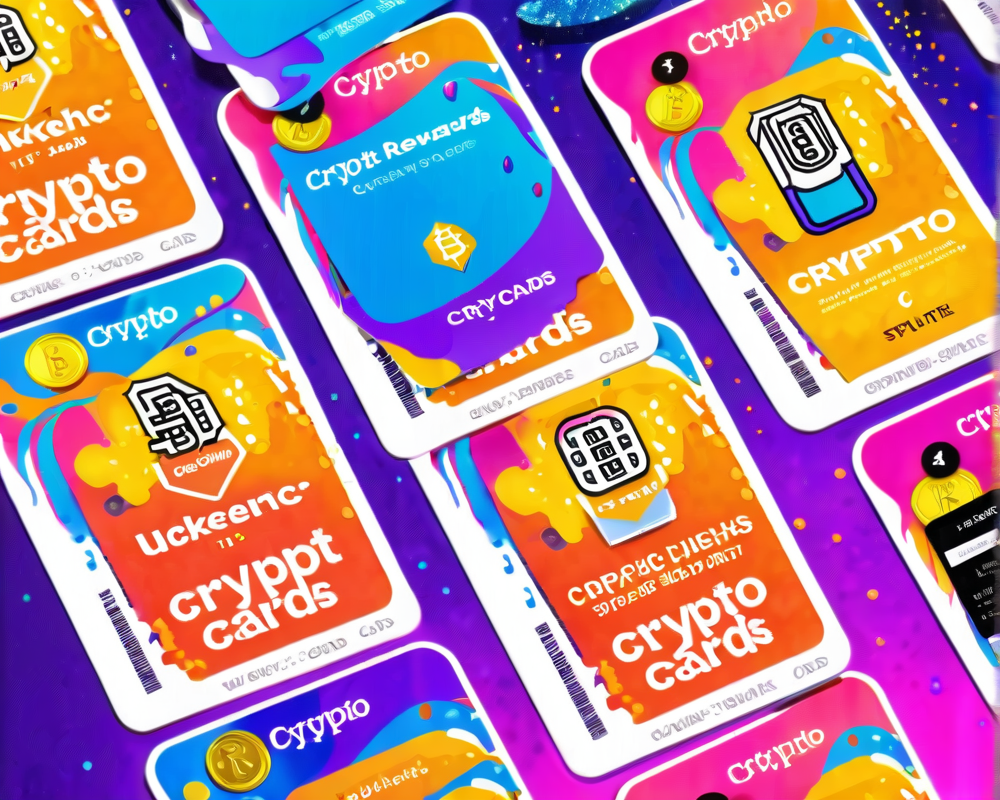Understanding the Current Landscape of Trade Finance
The international trade finance industry is experiencing a bit of an identity crisis, and not in the mid-life, find-yourself-in-Bali way. We’re talking about pressures from the economic crisis, outdated finance systems, and geopolitical tensions that are sending traders spiraling down a rabbit hole. Imagine a tightrope walker juggling flaming torches while blindfolded—yeah, that’s the level of stress we’re witnessing.
A $6 Billion Hangover: Trade Finance Scandals
Adding salt to the wound, a slew of recent trade finance scandals involving major players has racked up nearly $6 billion in losses, mostly for unsuspecting banks. Companies like Hin Leong and Agritrade have been in the headlines more for their shady dealings than their impressive annual reports.
- Hin Leong: The company that made bank robbers look ethical.
- ZenRock: Their name should just be ‘Let’s Pretend We’re Legit.’
- Agritrade: Where every investment decision turned sour.
- Hontop Energy: Energy levels high, but trust levels low.
What Are Banks Doing?
In light of all this drama, some major players are throwing in the towel. Banks like ABN Amro and BNP Paribas have completely exited this sector, while others are being choosy with their funding processes. According to Samir Neji, founder and CEO of blockchain-based trade finance company Dltledgers, it’s crucial for traders to jump through hoops just to access working capital. No one signed up for this mood swing!
The Blockchain Solution: No More Paper Cuts!
Enter the superhero of our story: blockchain. Neji argues that implementing blockchain can rescue traders from the quagmire of paperwork and endless phone calls. It offers a way to record everything from contracts to goods on a single, immutable platform where all parties have an equal view. This tech wizardry leads to reduced fraud risks, and ultimately, happy traders.
“When banks see their trades as carrying less risk, they’ll be more inclined to finance them,” Neji emphasized. “It’s like trading a grumpy goldfish for a friendly puppy.”
The Pandemic Challenge: A Real-World Example
While everyone was hoarding toilet paper, Dltledgers successfully executed the world’s first blockchain-based cross-continental wheat trade worth $12 million right in the thick of lockdown. It took just five days—compare that to the usual month-long slog of paperwork, and you can see why folks are starting to believe in this technology.
Getting Everyone on Board: Connectivity is Key
Neji insists that the focus should not be on the overwhelming technical jargon surrounding blockchain, but rather, the benefits it brings to the table. He stresses collaboration among companies that are grandly incorporating blockchain into trade finance to tackle their greatest foes—old processes and pesky fraud. This journey isn’t a sprint; it’s a marathon, so lace up those sneakers and get ready!
Final Thoughts
Ultimately, don’t be surprised if the current blockchain hype fizzles out to the background, similar to your favorite childhood toy. The goal remains to deliver genuine value as expert engineers work behind the scenes—those who once made pixels dance, brought phones out of their homes, and connected us to the world. Now they can help end the bureaucratic circus of trade finance.




